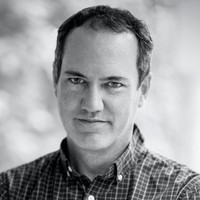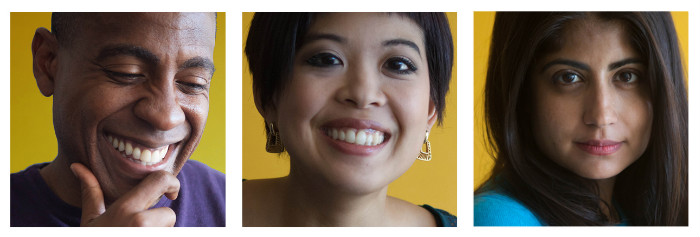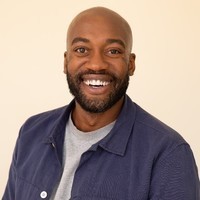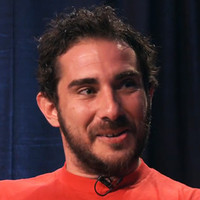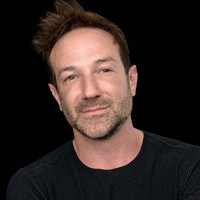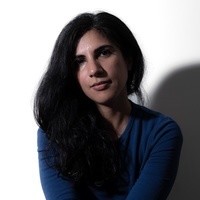Eva Holland is a freelance journalist and a correspondent for Outside. Her new book is Nerve: Adventures in the Science of Fear.
“I'm less caught up in my freelance career anxieties every day that this goes on. Maybe I'll become a paramedic, who knows? Magazines I write for are already shutting down because of this. You can only freak out so much before you decide that if you end up having to find a new way to make a living, that's what you'll do.”
Thanks to Mailchimp and Pitt Writers for sponsoring this week's episode.








